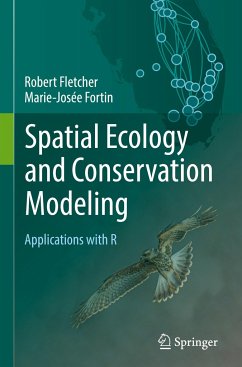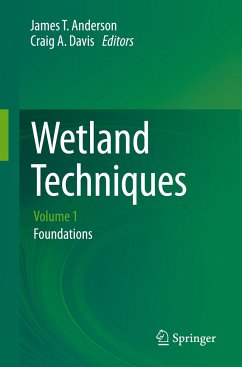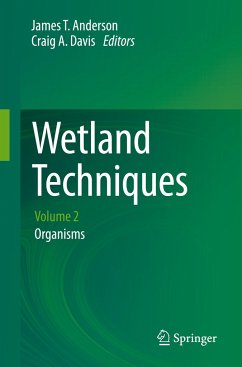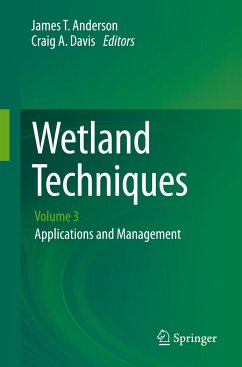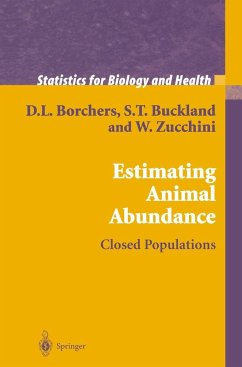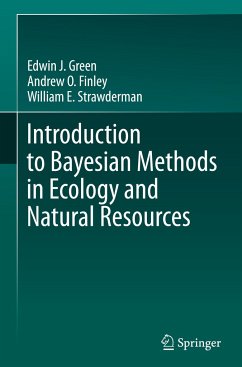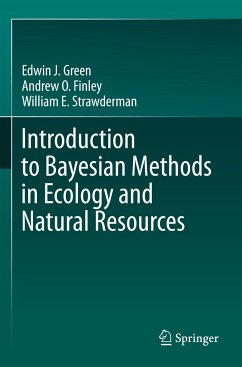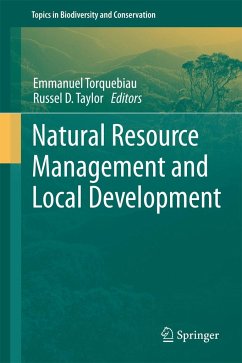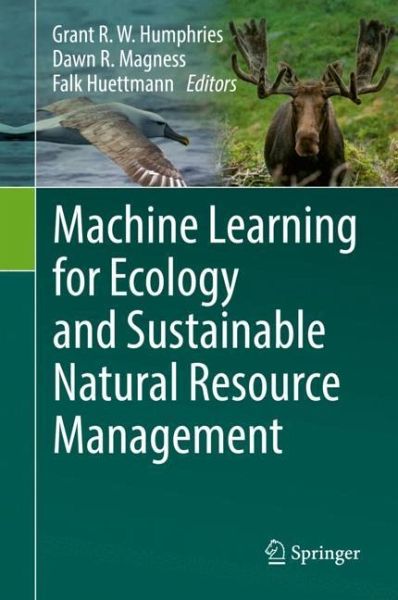
Machine Learning for Ecology and Sustainable Natural Resource Management

PAYBACK Punkte
83 °P sammeln!
Ecologists and natural resource managers are charged with making complex management decisions in the face of a rapidly changing environment resulting from climate change, energy development, urban sprawl, invasive species and globalization. Advances in Geographic Information System (GIS) technology, digitization, online data availability, historic legacy datasets, remote sensors and the ability to collect data on animal movements via satellite and GPS have given rise to large, highly complex datasets. These datasets could be utilized for making critical management decisions, but are often "mes...
Ecologists and natural resource managers are charged with making complex management decisions in the face of a rapidly changing environment resulting from climate change, energy development, urban sprawl, invasive species and globalization. Advances in Geographic Information System (GIS) technology, digitization, online data availability, historic legacy datasets, remote sensors and the ability to collect data on animal movements via satellite and GPS have given rise to large, highly complex datasets. These datasets could be utilized for making critical management decisions, but are often "messy" and difficult to interpret. Basic artificial intelligence algorithms (i.e., machine learning) are powerful tools that are shaping the world and must be taken advantage of in the life sciences. In ecology, machine learning algorithms are critical to helping resource managers synthesize information to better understand complex ecological systems. Machine Learning has a wide variety of powerful applications, with three general uses that are of particular interest to ecologists: (1) data exploration to gain system knowledge and generate new hypotheses, (2) predicting ecological patterns in space and time, and (3) pattern recognition for ecological sampling. Machine learning can be used to make predictive assessments even when relationships between variables are poorly understood. When traditional techniques fail to capture the relationship between variables, effective use of machine learning can unearth and capture previously unattainable insights into an ecosystem's complexity. Currently, many ecologists do not utilize machine learning as a part of the scientific process. This volume highlights how machine learning techniques can complement the traditional methodologies currently applied in this field.



